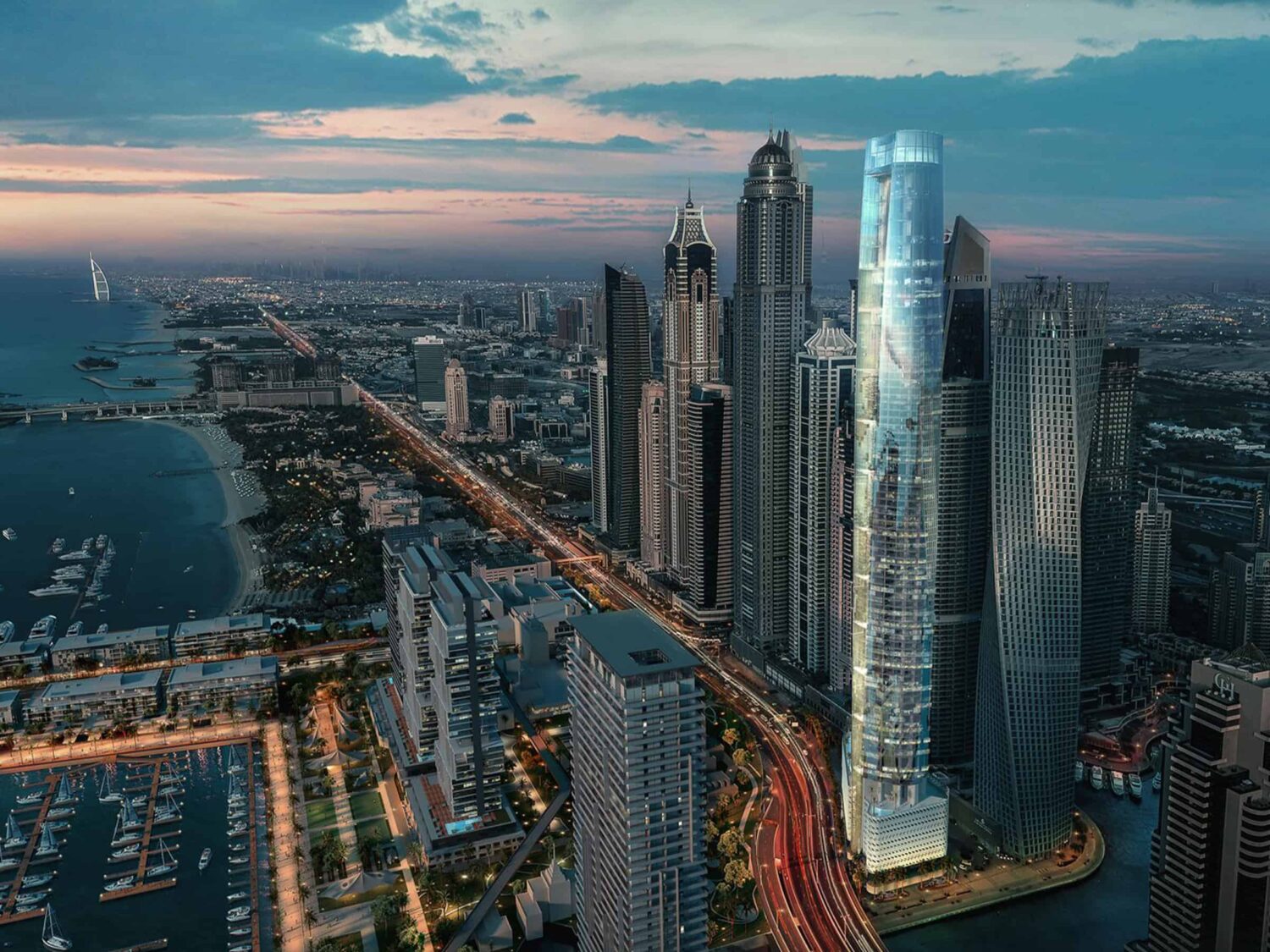Dubai, UAE — Dubai’s real estate sector is embracing the latest technologies to develop the industry and make it more accessible and convenient for the clients.
AI algorithms have made it possible for real estate agents to find more qualified leads and make more sales. Further, AI can aid investors in deciding when it is best to make a purchase or sell an asset.
Real estate investors and brokers are becoming more confident in Dubai as the city’s many innovative systems keep tabs on the city’s skyscrapers and the units available for housing and renting.
The use of technology in Dubai has become a necessity, starting with the various government institutions and all parties engaged in the real estate sector.
What’s trending now are virtual tours and 3D presentations, where clients can have a detailed view of the property, they want to buy with all the rooms and furniture if available.
It’s worth mentioning that Dubai and its real estate’s speedy recovery from the effects of COVID-19 was helped by using cutting-edge technologies, which decreased the losses and costs.
AI’s positive effects on the real estate sector
- When a real estate agent advertises a home as “sunny,” AI may check the time of day and the seasonal light differences to ensure the place gets a lot of natural light.
- Using AI, businesses may anticipate future sale or rental prices and determine the optimal moment to buy or sell a property.
- AI can also use a regression algorithm to determine a reasonable pricing range by considering the property’s characteristics, such as square footage and several rooms.
- AI automates document creation, freeing time for real estate agents to devote to other matters.
- AI may also analyze property paperwork to detect typos, blank fields, missing signatures, and other issues.
- Virtual Visits using AI became popular during the pandemic, and the real estate market took a significant hit.
- AI lets companies know the best time to acquire or sell a property and forecast future sales or rental prices.
- AI makes financial transactions easier for clients and agents.
Latest trends
As a step forward in embracing sustainable solutions, the most prominent players in Dubai’s real estate market are currently focusing on creating an advanced technology ecosystem. It includes intelligent systems, workflows, end-to-end technologies, and integrating virtual reality, social media platforms, and consumer applications.
More competent property management, more accurate analysis of returns on investments and other efficiencies can all be achieved with the help of artificial intelligence. At the same time, the availability of vast amounts of big data empowers both consumers and real estate firms to make informed recommendations tailored to everyone’s needs.
Moreover, the real estate sector could benefit significantly from blockchain because of its unique potential for streamlining transactions. And because “Blockchain” can be an essential tool in combating fraud in the sector by making land records and other transactional details more easily verifiable.








